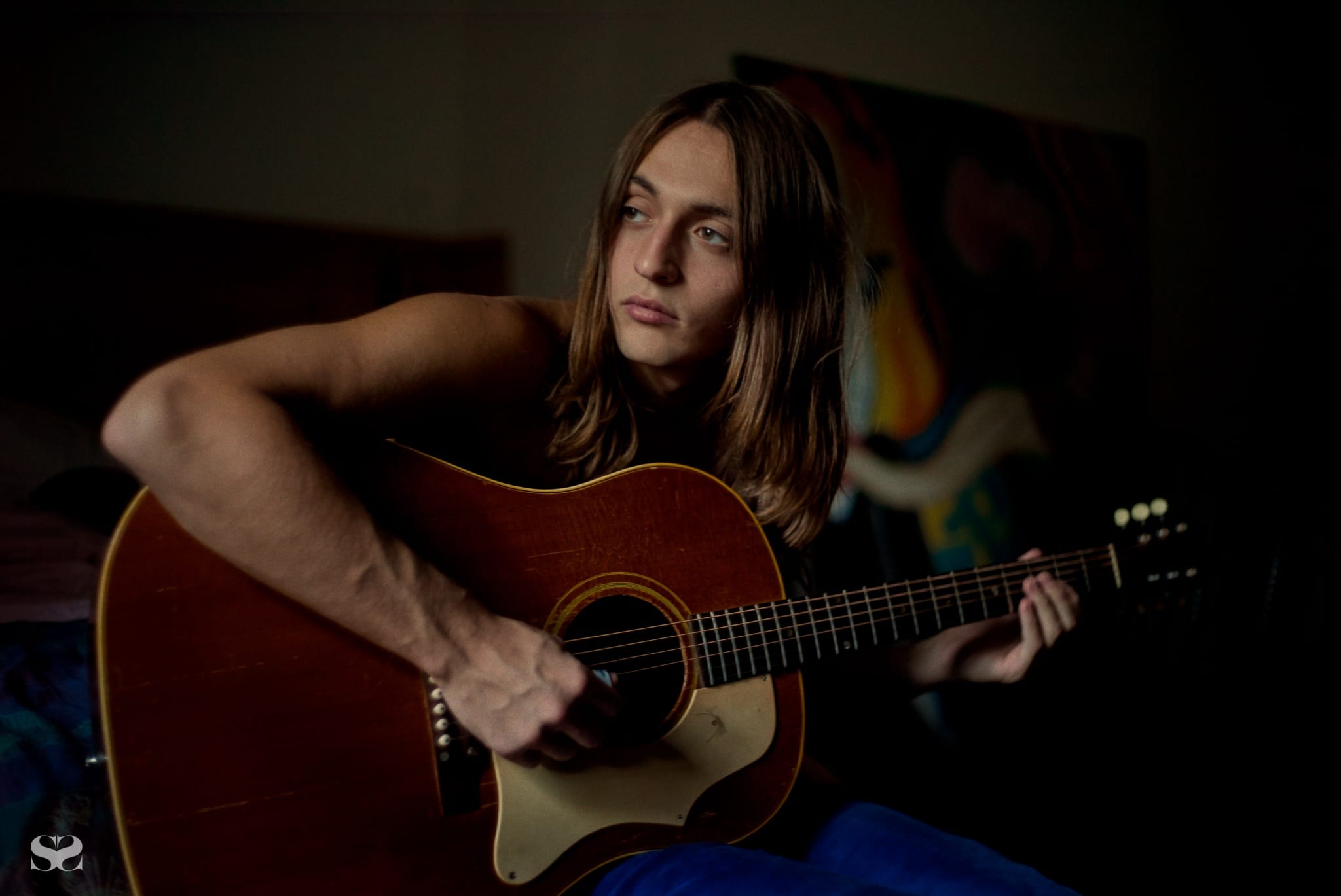
He writes romantic, vintage-style rock, is about to embark on a tour with Cat Power and has just released his new single Dead Sixty-Six. As musician Arsun Sorrenti steps into centre stage, we revisit our first encounter with the 20-year-old singer-songwriter inside our ‘Paradising’ issue.
The music people love tells much about them. The eras they might have been born into if they had their way. The hopelessness of their romanticism. The rhythm of their days and the places they go at night. Or how they might move, were you to catch them dancing. Rarely, if ever, are two tastes the same, and so divulging our deepest sonic attractions can feel akin to an intimate confession – the notion of a ‘favourite song’ similar to defining oneself in just a few words. But for musician Arsun Sorrenti, there’s no second thought: “My favourite song is Wild Horses by the Rolling Stones. “I love the playing on it, the lyrics, the melody, the way it was recorded. That song has never failed to blow me away.” Sorrenti’s appreciation for music goes back about as far as he can recall. His father, the photographer Mario Sorrenti, along with his grandfather, first kindled the fire back when he was “a little kid”. “[They] would play me their favourite songs and teach me how to play guitar a bit,” he tells. “Then I listened to the Velvet Underground and realised I needed to start singing and writing songs. At one point I just became completely absorbed in it and have been ever since.”
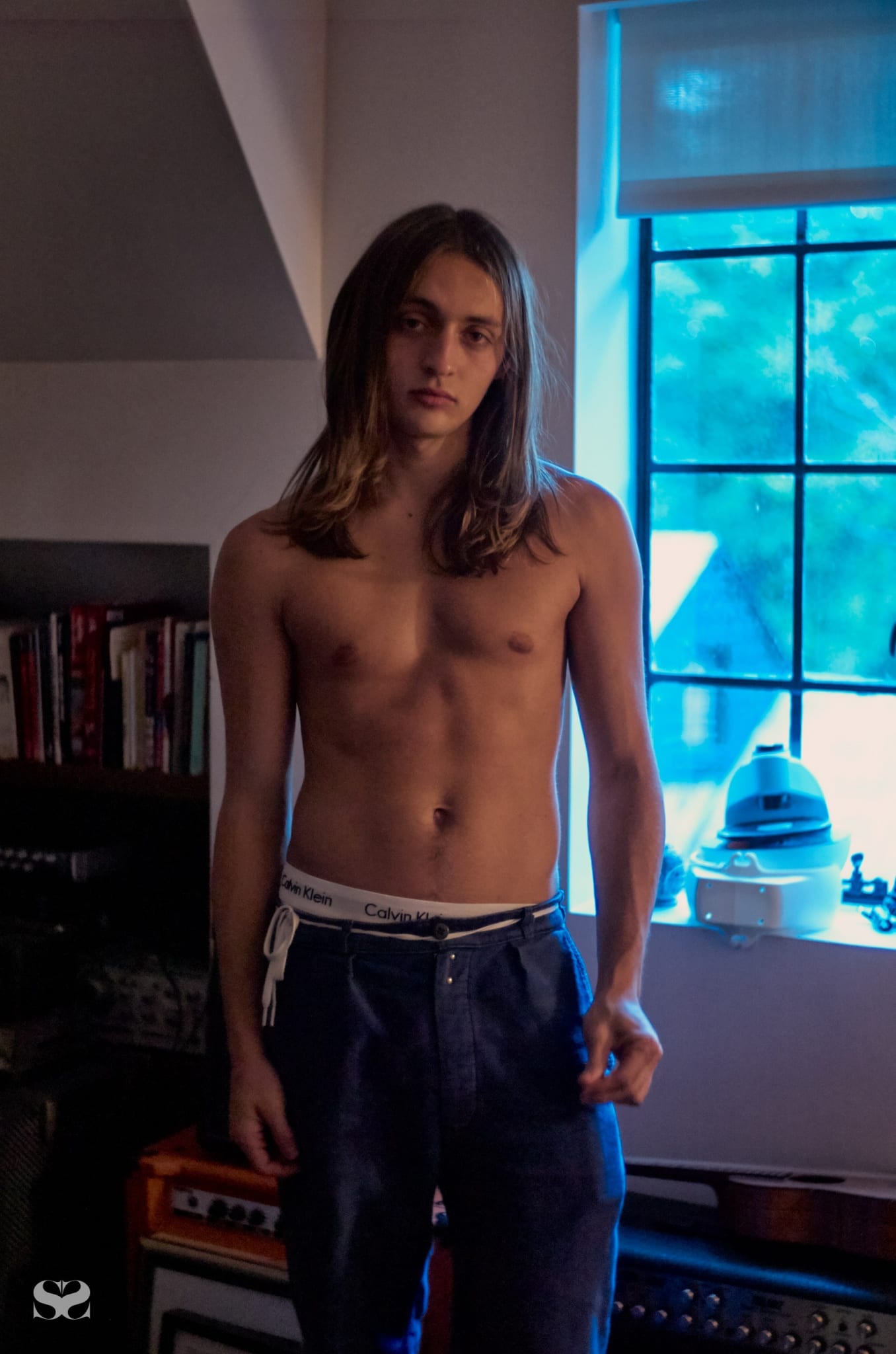
“... I grew up in New York City. I was born on Church and Chambers, but moved to the Bronx after the twin towers fell. I’ve lived there ever since ... I know that I was a very shy child and that I had a very pleasant childhood.”
Sorrenti was born, quite literally, into a family of photographers – including his sister, Gray, whose meditations on New York youth include captures of her elder brother. While Arsun is a model and a skateboarder – as showcased here by photographer, 90s icon and longtime friend of the family Drew Jarrett – his creative languages are written and heard. Intimate reflections found in music and poetry provide inspiration for his craft: “in the end somehow, the lyrics end up reflecting something that’s happening in my life,” he muses, “even though it’s usually not intentional.”
“I don’t really remember much about my childhood ... I actually don’t really remember much past a few years ago.”
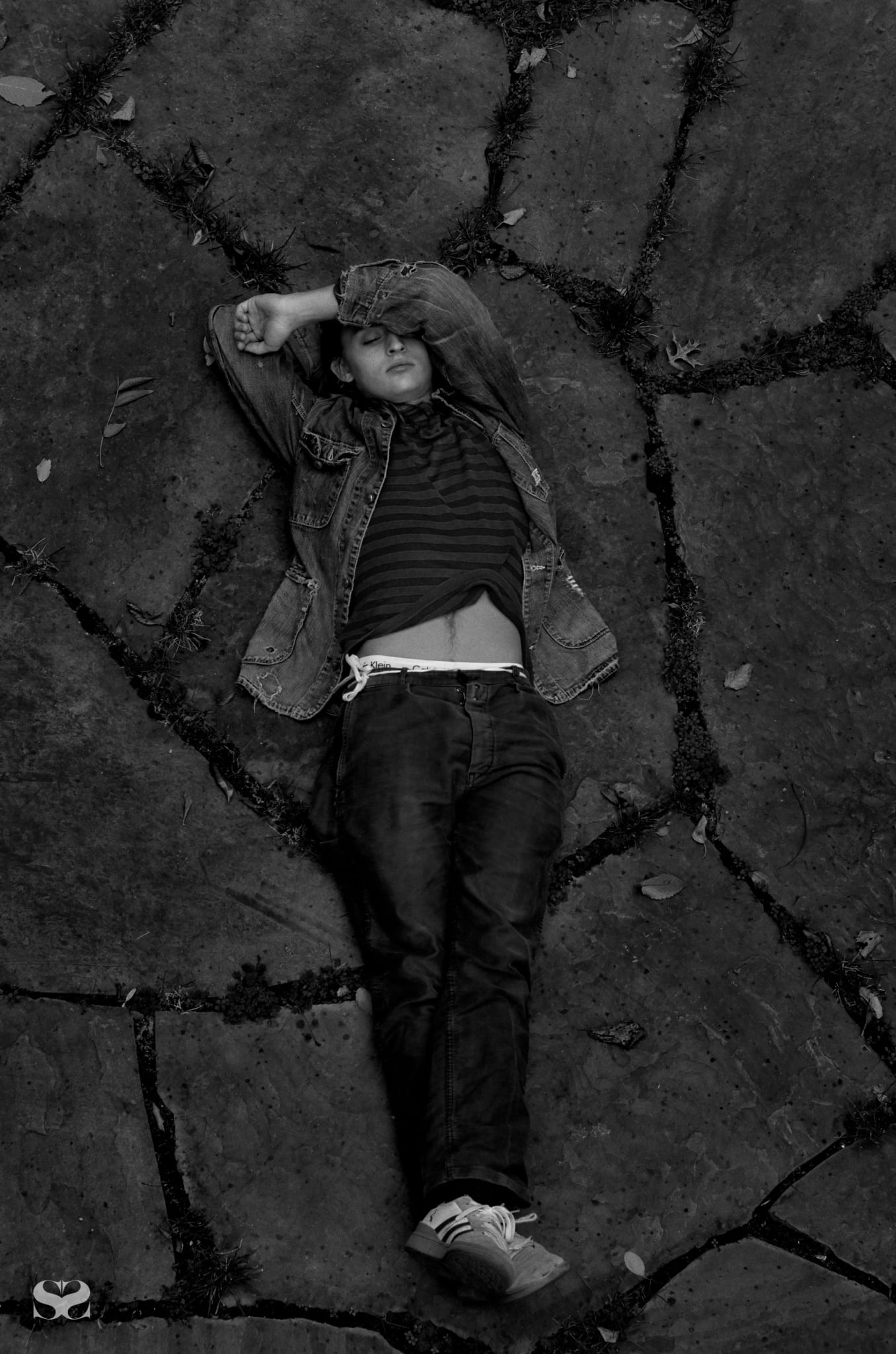
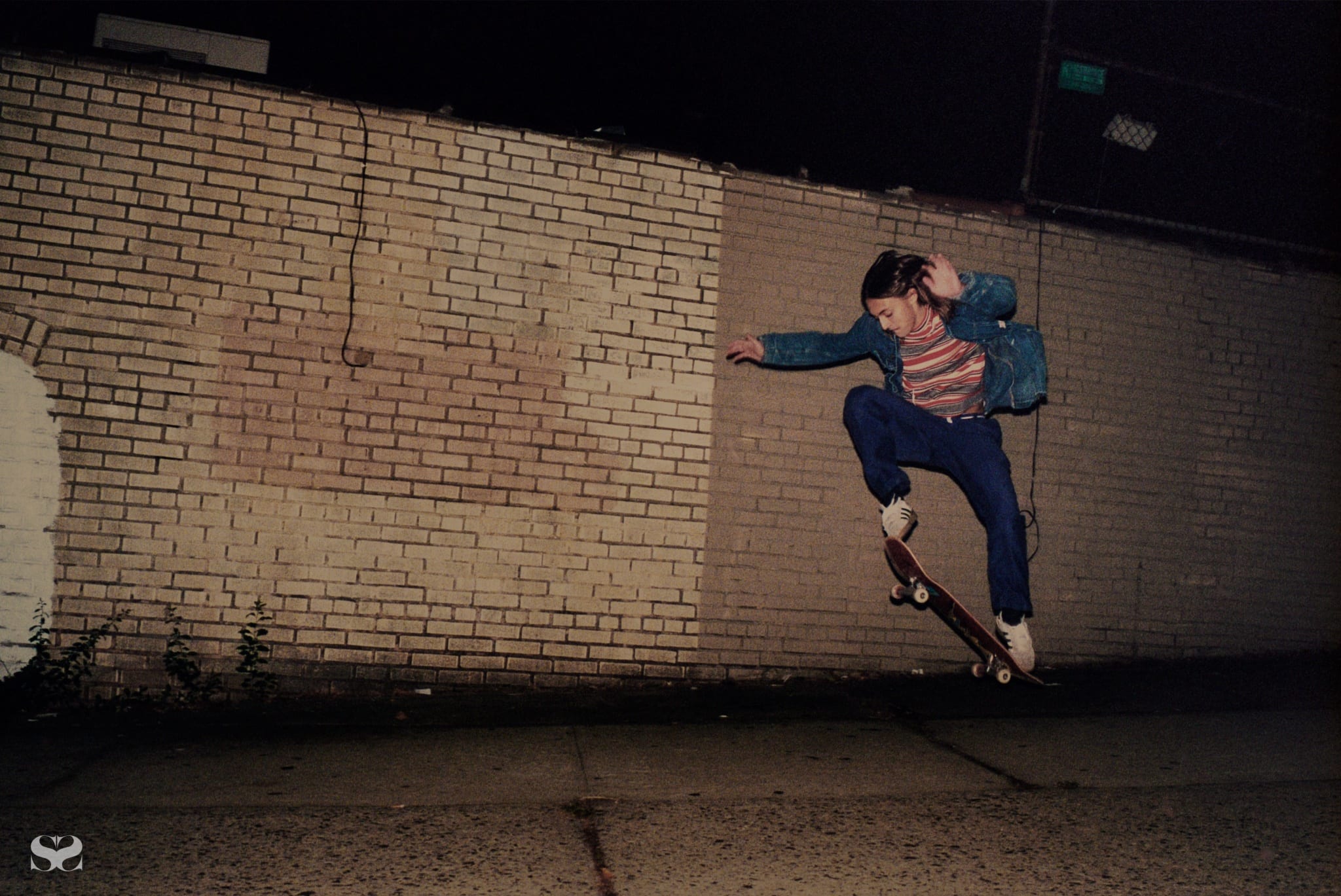
Raised on rock of the 60s and 90s, Sorrenti’s driving influences have shifted over the years but he’s remained aligned to former times. “I had a band in high school where I was kind of playing with a variety of different ideas and listening to a lot of different types of music,” he explains. “I was still kind of learning how to play guitar and sing ... But, I think the moment I started getting a real idea of my sound is when I started listening to the Rolling Stones and Bob Dylan really heavily. It really changed the way I play guitar and write music.”
High school wasn’t so long ago. But since then, says Sorrenti, “my voice has changed dramatically. I guess mostly due to puberty.” And though he’s not afraid to wear his references on his sleeve, it’s that voice that’s definitive to Sorrenti’s sound. However new to him, he wields it fluently and addictively. All it takes is one listen to his first single, White Light – originally inspired by Woody Guthrie’s This Land Is Your Land but infused with fervour by way of Sorrenti and his band – to spark impatient desire for the next release.
But to love what Sorrenti creates is to appreciate his analog recording style – a slow burn that Sorrenti’s been personalising with the building of his own recording studio, with help from his band members. “It’s been a very long process,” he tells. “Once everything is in there, wiring everything up and getting it to work and sound right is a whole project on its own.”
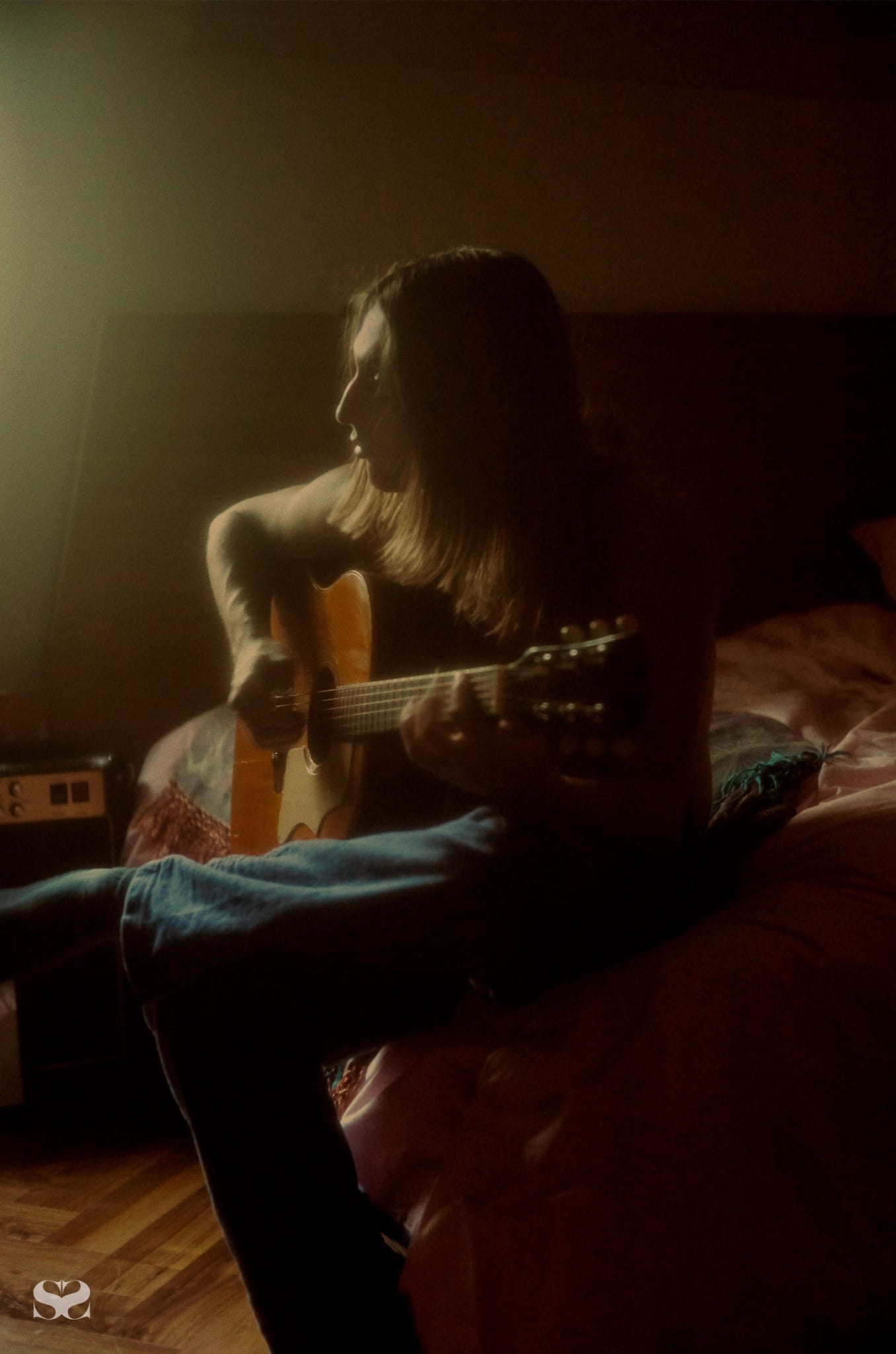
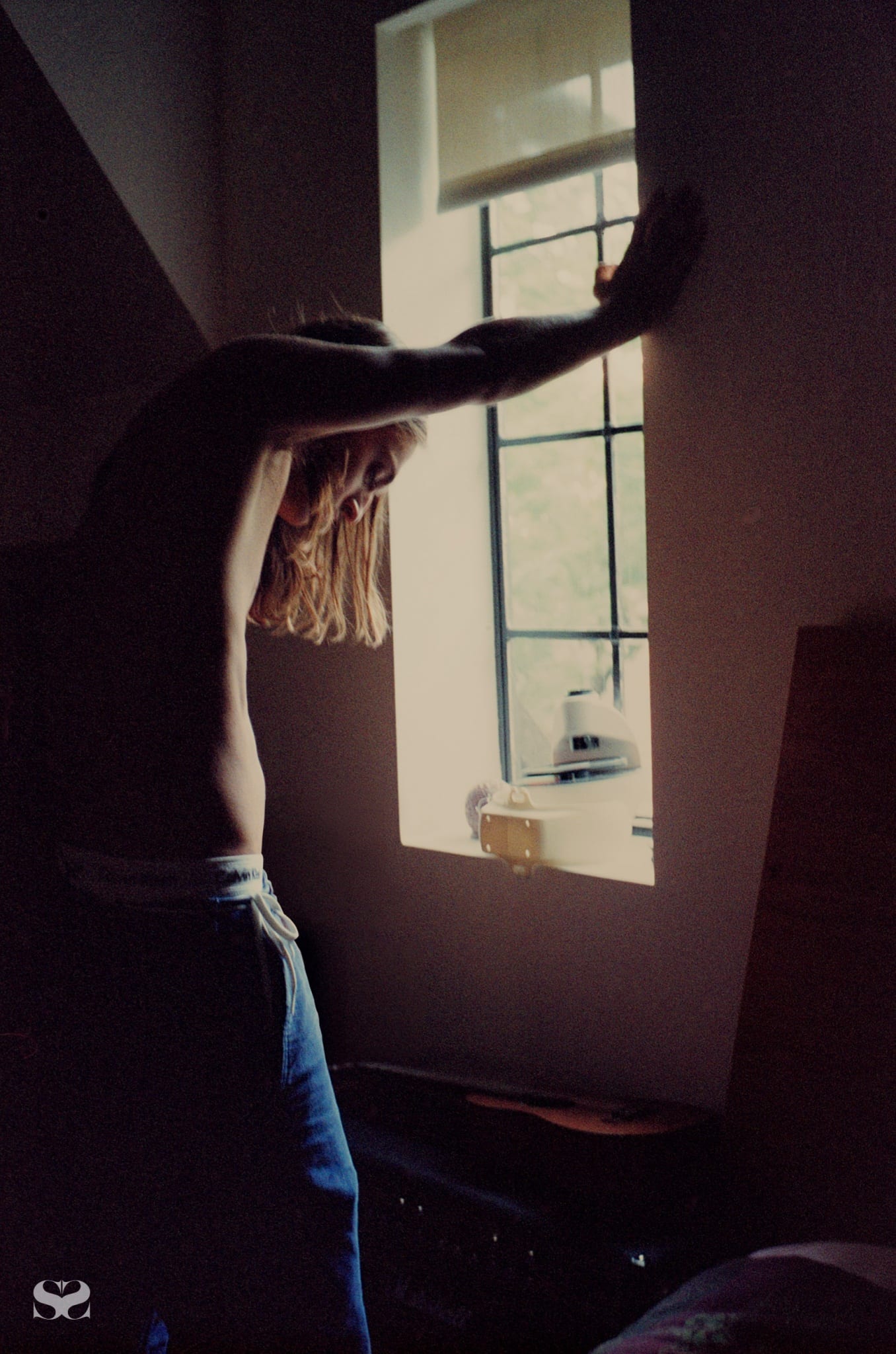
After opening for Cat Power on her West Coast, U.S.A., tour, Sorrenti has just released his first EP entitled Send Her My Way. “I’m just working on writing new songs right now and putting out the ones I have effectively,” he explains. “I’ve been listening to a lot of early Elvis and stuff like that. I’d love to make some stuff with that early rock and roll feel.”
One gets the impression that what Sorrenti sets intention to, he will achieve. While fresh with youth, his music has a memory, like the heat that lingers underfoot on an early-summer evening. It’s testament to his effortless je ne sais quoi that it all feels cool, not clichéd.
Like White Light’s cover imagery, that sees him ambling over smooth rocks against a faded sky – long hair, guitar in hand and shoes discarded – it’s a mood that stirs longing for a time that felt pure. And this notion, Sorrenti can appreciate. At 20, he’s not too young to place value in the parts of life that stay golden no matter the era.
A perfect day in the life of Arsun Sorrenti is as telling as his love for the Stones. “I wake up on a nice spring day, have a nice breakfast, write some music, see my family, go skateboard a little bit, listen to some music, hang out with my girlfriend in the park, get a drink with her and some friends.
I don’t know, stuff like that. Just nice and relaxed and happy.”
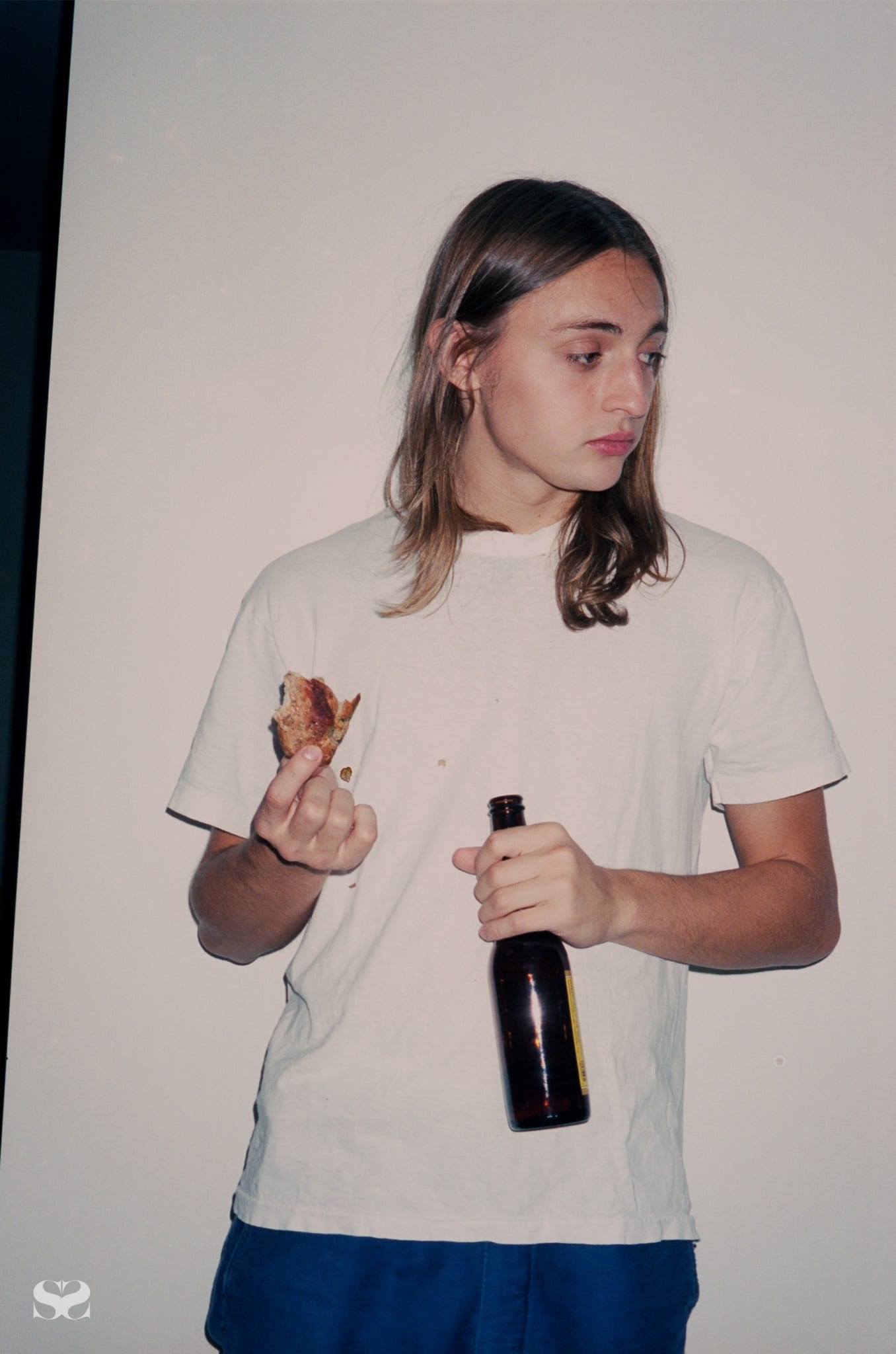
"I have an entire album nearly completed to follow [Send Her My Way]. Other than that, the main goal is to play as many shows as possible and get people to hear the music."

Listen to Dead Sixty-Six here.
PHOTOGRAPHY Drew Jarrett
TALENT Arsun Sorrenti @ IMG



